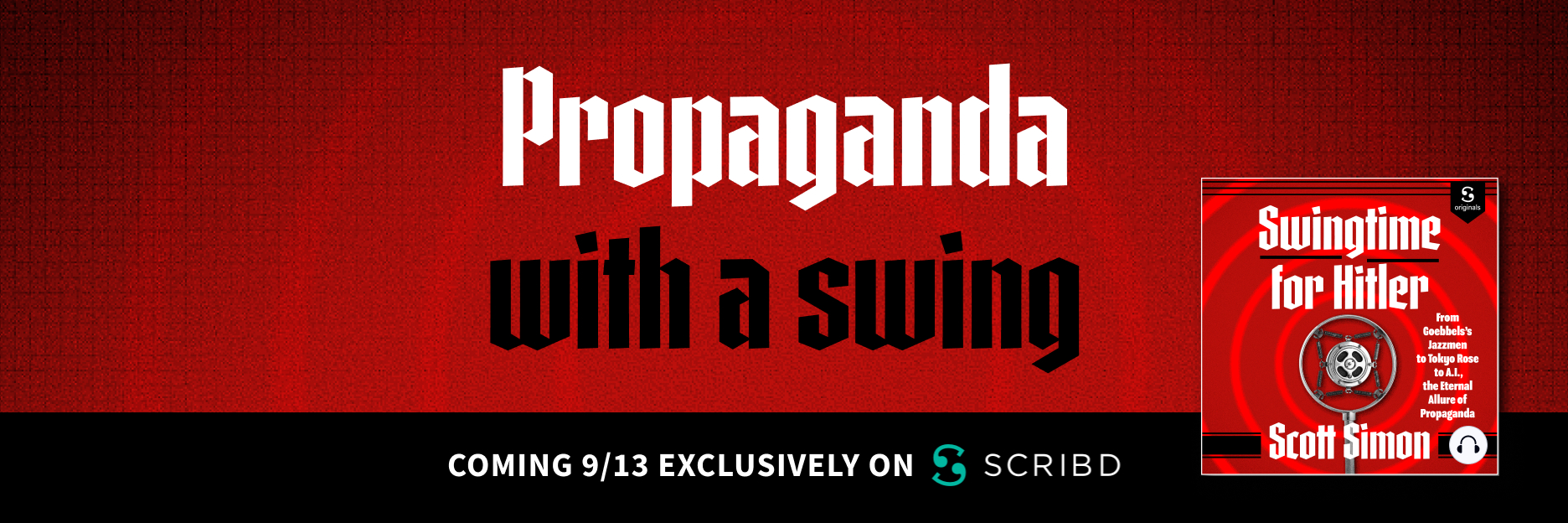Here are answers to some of the questions I am often asked on book tour.
Q: why did you decide to leap from journalism into novels?
A: I wanted to challenge myself. And I thought I might have something to offer. I’ve been blessed with a rich reporting career that’s often veered between the imperative, like covering wars, and the inane, like learning how to tango (within the same week, I reported the war in Kosovo, and went swimming in Beverly Hills with Esther Williams). One refreshed my perspective for the other. So I hope I can use my experiences to put details, feeling, and a certain humor into my fiction. And I hope I can apply some old reporting muscles to try to imagine new lives.
Q: Are the characters in your novels based on real people?
A: They’re real characters. Which is to say, they might look like someone I saw riding the tube in London, speak like someone I remember from the sixth grade in Chicago, give voice to some opinions I heard from a guy in Sarajevo—and wind up in a novel set in Germany. But you really know that you’ve entered the world of your novel when you find yourself creating characters that resemble no one you have ever met.
Q: What’s more important: plot or characterization?
A: Both. You need plot because readers crave a reason to turn the page. You need compelling characters that readers will care about through each and every turn.
Q: What’s some of the best advice you ever received about writing?
A: David Halberstam told me to put a sign over wherever I worked saying, “My imagination lives here.” My wife made the sign. But with two small children, I’ve had to write a lot in cafes, and the sign is hard to pack. Now I have a writing office, and a photo of David smiling is the only picture I have up that’s not of or drawn by our daughters. Ridley Pearson told me to write each plot point on an index card and shunt them around to see where they fit. I begin doing that, but lose track after a while. However the cards make splendid coasters. Pete Hamill advises taking naps. Sometimes you can find routes in your sleep that escape you in a state of alertness. At the very least, you get a fresh start, a second morning. But it’s hard to convince my family that when I’m napping, I’m actually fully engaged in the creative process.
Q: What are some of the advantages of writing novels when you have a background in journalism?
A: Discipline, I suppose. You have a sip of coffee and get started. You meet deadlines. More to the point, you learn how to use deadlines to spur whatever creative powers you have. Also, if you’re as lucky as I’ve been, you’ve gotten to meet all kinds of people and seen a little of the world.
Q: Are there drawbacks?
A: You can get so caught up in so many telling details that they just clutter a paragraph. You can get so intent on counting the trees, and describing the leaves, that you don’t see that it’s a forest—or you can miss that bear behind that tree.
Q: What kind of journalism do you admire?
A: Work that challenges the audience, and doesn’t just assure them that everything they think they know is righteous and correct. These days, you almost never have to meet a fact that unsettles you. If you think the landing on the moon never happened, you’ll find a website that tells you you’re right, and passes along enough bogus reporting to support your—forgive the expression, but it’s apt here—lunacy. If you pass it along to enough people, you can support your own sense or reality. Real journalism should shake up your assumptions of reality.
Q: Who are your favorite writers?
A: Greene, Naipaul, Dickens, Tom Wolfe, Le Carre, Wilder, Richler, Ian McEwan, Forster, Scott Turow, and Mark Helprin abound on our shelves. Our daughter also loves the books of Daniel and Jill Pinkwater.
Q: What qualities do they share?
A: They are all deft storytellers. They create true characters. They capture places. They can make me laugh and cry in the same paragraph. I also have favorites in special categories. Rick Bayless writes lyrical cookbooks. Dalton Trumbo wrote magnificent letters. John Grisham always tries to make his novels draw attention to something. Ridley Pearson never runs out of ideas. Alexander McCall Smith has more characters residing in his head than the population of most major metropolitan areas. And I’d read a laundry list if Jan Morris wrote it. I’d also have to include the lyrics of Hank Williams, Frank Loesser, and Stephen Sondheim.
Q: Broadcasting, writing, speaking—do all the different activities intrude on each other?
A: I like to think—have to think, really—that they help. Writing is lonely. Broadcasting is collegial. I enjoy meeting people when I make appearances, and almost always learn something. And as long as you keep learning, who knows where that winds up paying off? The point is to keep moving, keep the blood going, and keep challenging yourself with new things.
Q: What advice would you give young people who want to be journalists, writers, or novelists?
A: Study and do something practical and unrelated to writing or journalism. Study mechanical engineering or archaeology. Work in a fish-gutting factory or a home for mentally retarded adults. Learn what it’s like to work for tips. And read, read, read. I think both writing and journalism suffer from a lack of real world experience and perspective. If you’re young, try something. Try anything. You’ll learn from whatever you do.
